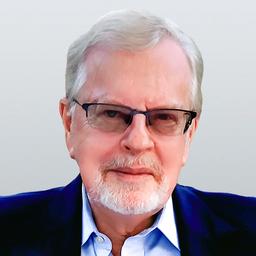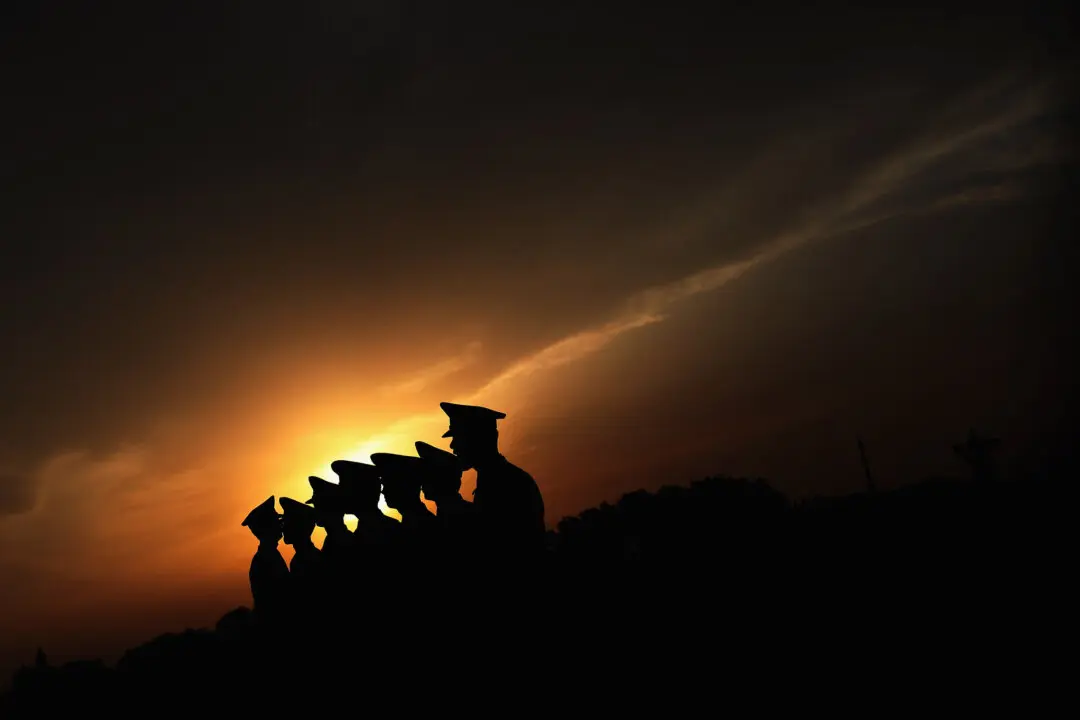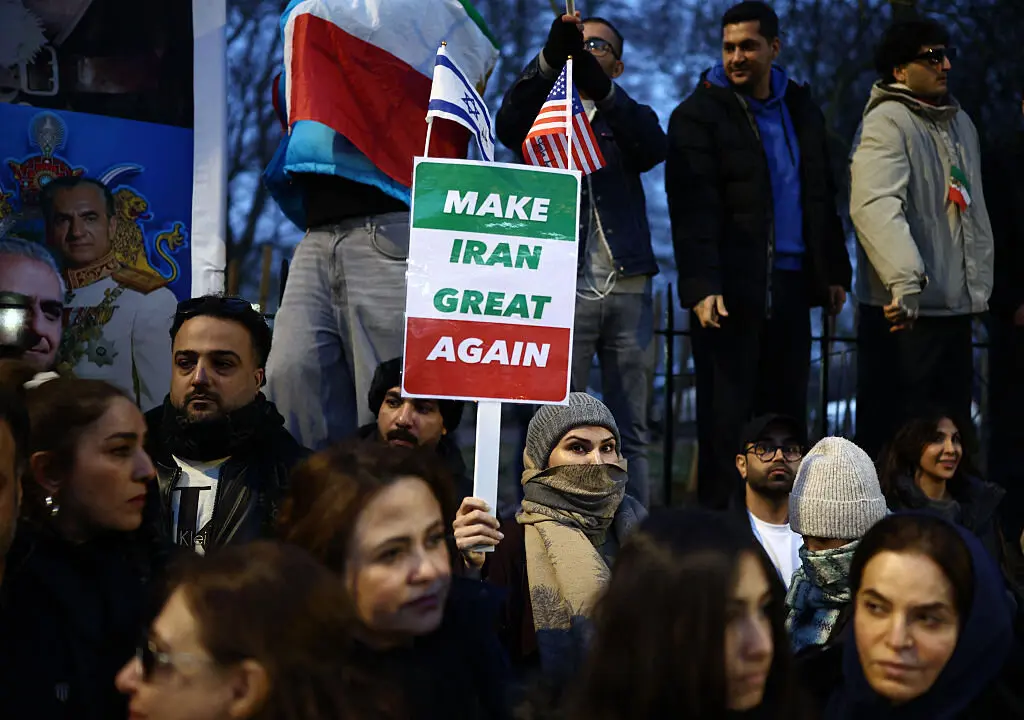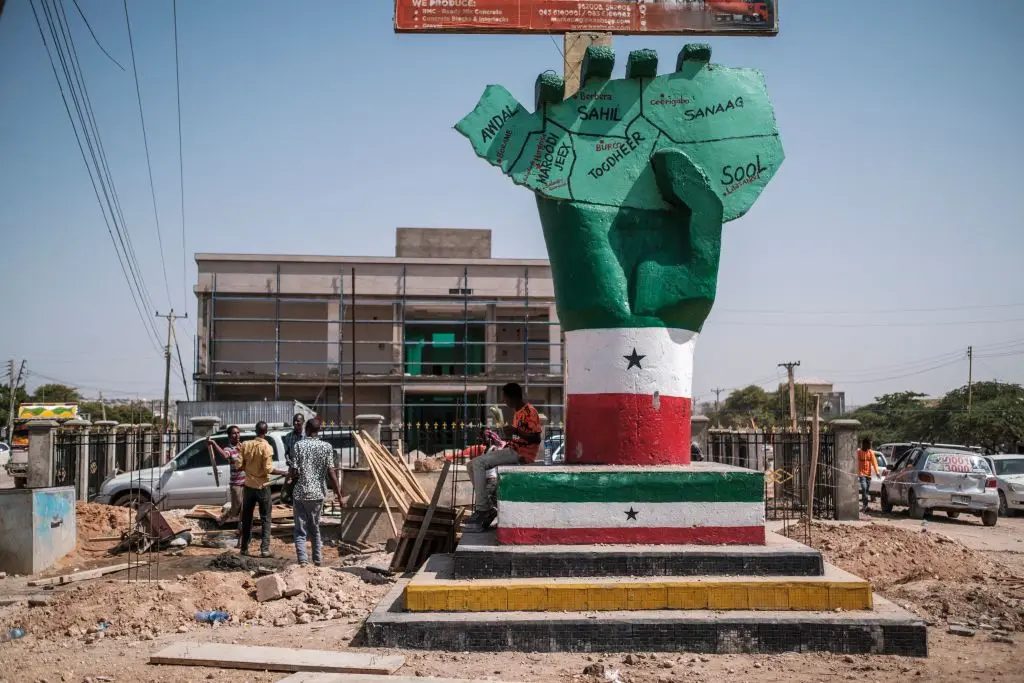Commentary
The “great powers of the Pacific”—including the United States, China, Australia, and others—have largely lost control over the Pacific, particularly the smaller countries of the South Pacific, because of different methods resulting in different degrees of paternalistic diplomacy.





